Picks of 2023: Catherine Duigan, Nigel Jarrett and Peter Finch

Discovering Saint Melangell
Catherine Duigan
The shared heritage between Ireland and Wales is rich and deep, and never ceases to surprise. In January 2023, a bumpy narrow road led me alongside the Afon Tanat towards Cwm Pennant, a remote valley in the Berwyn Mountains.
An ancient church and place of pilgrimage promised insights into the landscape and history of the area. It is easy to be distracted by five sagging and sacred yew trees, estimated to be 2,000 years old, which define the circular churchyard.
Inside, the whitewashed church is dominated by a unique, large, pillared shrine, built to protect the relics of St. Melangell.
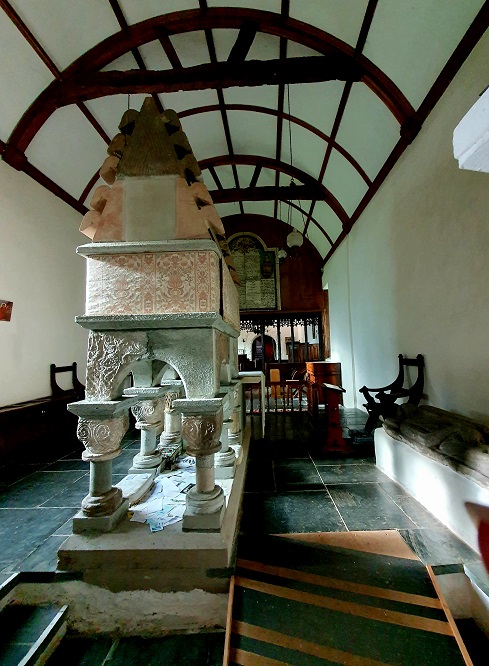
In the 7th century, an Irish King’s daughter, St. Melangell sought asylum in Wales, escaping a forced marriage. Whilst out walking, praying and communing with nature, a hare took refuge under her cloak.
It was being pursued by Brochwel Ysgithrog, Prince of Powys, and his hunting party. His huntsman’s horn had already been mysteriously silenced. Surrounded by a puzzled pack of hounds, we can only imagine the conversation between the Welsh prince and the Irish woman.
He was obviously entranced because the Prince gave her this valley as a place of sanctuary where she could live in peace with the animals and establish a religious community.
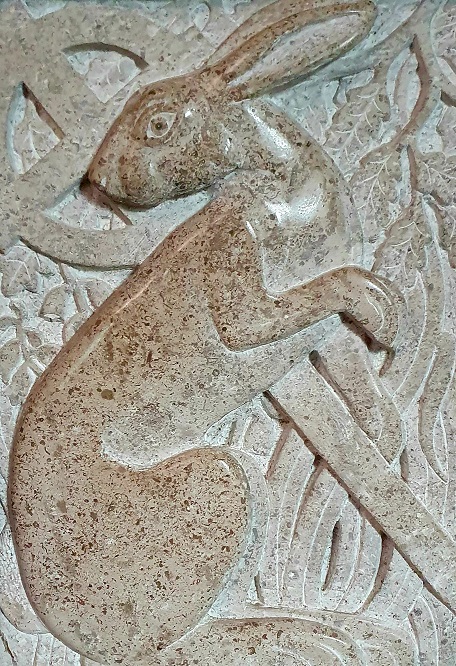
Wary hares still crouch, hide and chase around the church in the form of beautiful stone carvings by Meical Watts. More scientific data is needed to determine any trends in the population of the Brown Hare (Lepus europaeus) in Wales.
However, changing agricultural practices can reduce food and sheltering places for these captivating animals.
Extraordinary that it took me so long to discover St. Melangell, the patron saint of hares, and probably the first Irish woman nature conservationist in Wales!
If you are looking for a Christmas gift you can sponsor a Brown Hare through the North Wales Wildlife Trust
Read more from Catherine Duigan here.
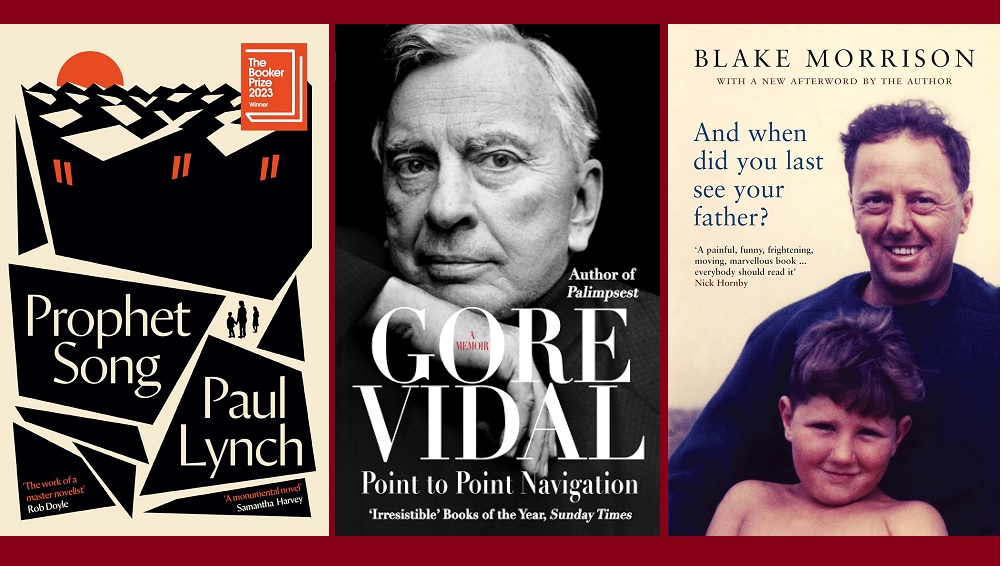
Nigel Jarrett
Readers have been awash with fiction this year: Random House literary, independent pygmy, myriad self-published, and gorblimey best-selling. The plethora has been enriched with shoals of non-fiction.
Kindles have surfed the freshet, their manufacturer having long realised that they will never supplant traditional card-and-paper books. Evolution has been stellar, not linear; competition ferocious, not submissive.
The Booker Prize is holding its own in this cataract. Once damned for being non-representative, or irrelevant, or double-whammy hypocritical (John Berger accepted his 1972 prize while biting the hands that passed it to him for historically belonging to exploitative Caribbean sugar planters), it’s still a significant award.
At the Hay Winter Festival weekend last month, Booker Foundation literary director Gaby Wood interviewed the short-listed authors 24 hours before Irishman Paul Lynch’s dystopic Prophet Song was declared the winner.
All spoke eloquently of their work in a competition that has dropped the word ‘novel’ from its title, though not yet attracted many significant departures from the norm. Laurence Sterne is still far ahead and out of sight. Irish, too; like Joyce.
As a self-congratulatory rescue act and for other reasons, it’s been good to re-read books this year, from Sense and Sensibility and Gore Vidal’s Point To Point Navigation to Blake Morrison’s And When Did You Last See Your Father?
The last was salutary in confirming that the older one gets the more like one’s father – or mother – one becomes, and that such recollections, including Vidal’s, are now known as ‘Life Writing’. Literary designations sweep by on the torrent and are easily missed.
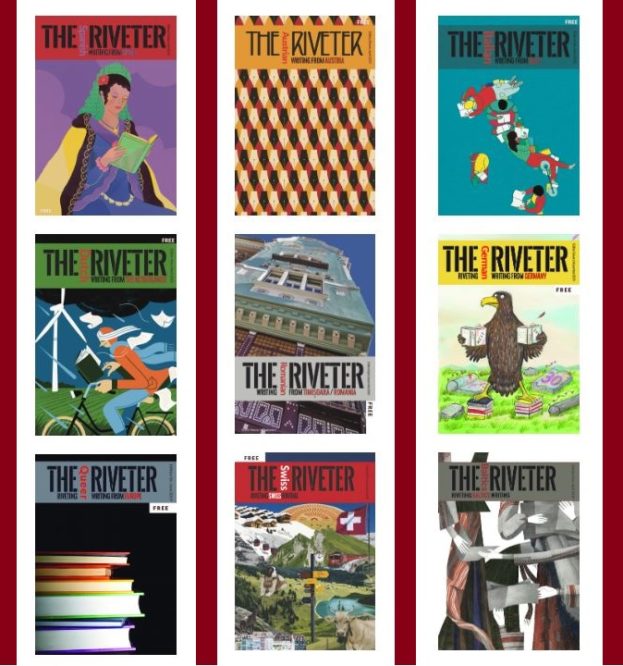
A TLS review this year alerted readers to a website called The Riveter. It’s devoted to translation of foreign books into English, and regular publications are available as free PDF downloads or printed volumes. The latest, a doorstopping 292 pages, is edition 12 and devoted to Spanish writing.
No postage to pay either. Incredible, but good enough to be true.
Read more from Nigel Jarrett here.
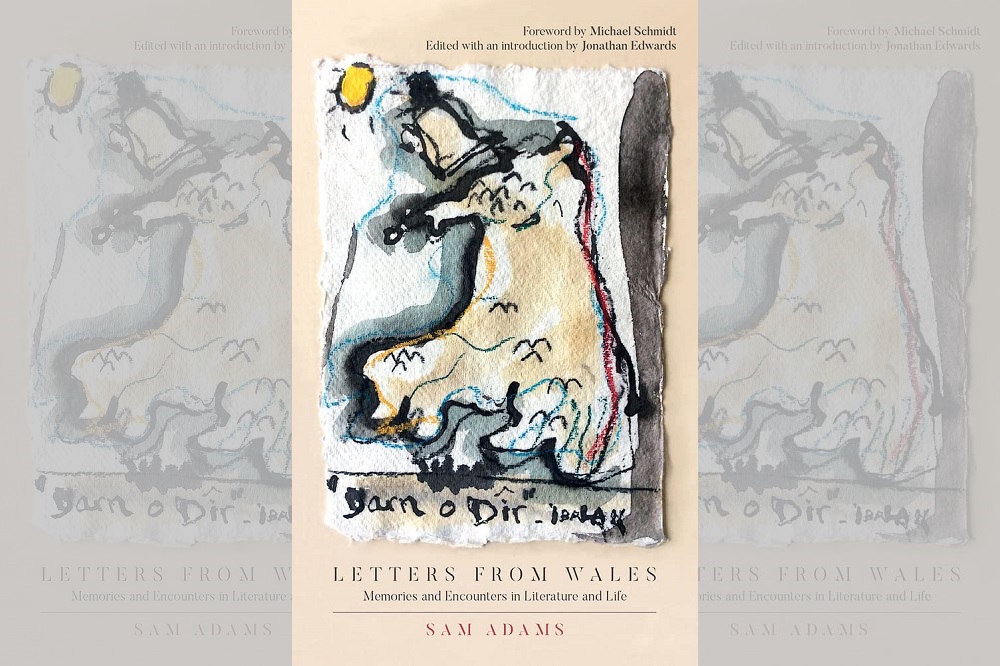
Peter Finch
Was 2023 a bumper year? It should have been but maybe it saw the publication of too many Covid projects. We had the time. We couldn’t go anywhere. So, we wrote a book. I can’t really complain though. I brought out my own. But what did work for me in 2023 were these:
Toby Driver’s history of our country’s hillforts in a lavishly illustrated and pretty easy to read exploration of those pre-Roman constructs tops my pile.
The Hillforts of Iron Age Wales (Logaston Press) uncovers the fact that there are more than 3000 examples of these mysterious places still extant. No part of the country is without them. It’ll do the entire nation well if for 2024 we resolve to visit more.
Earlier in the year two of Wales’ leading critics and literary thinkers came out with career-fulfilling masterpieces.
Dai Smith with his life and cultural times of the past 50 years Off The Track (Parthian) – smoothly loquacious on occasion but that’s the joy of it – his wit and incisive analysis are unmatched – and Sam Adams’ Letters From Wales (Parthian) which is in the running for the fattest book ever published in Wales.
Sam’s informative and decisively broad-reaching literary coverage of Anglophone Wales started life as a series of columns in the English poetry magazine PN Review. If you want to understand how writing went in Wales during the past 70 years then check here.
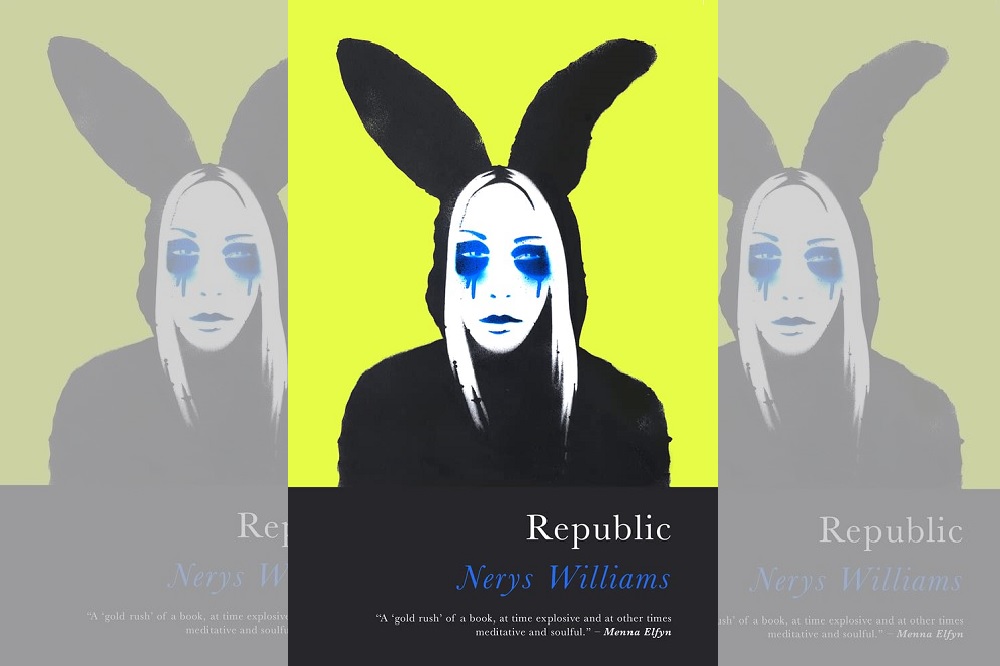
Nerys Williams’ Republic (Seren) excites with a post-modern often prose-poem take on life in west Wales. On this standing she should make it as the next National Poet. But top of the poetry books for me isn’t anything like a new production.
The late Chris Torrance’s Selected Early Poems (Shearsman), that’s the work he produced before starting on his masterwork The Magic Door in the seventies, show that he was on fire from the word go. Having written he then went out and taught. We could do with a few more poets like him.
Read more from Peter Finch here.
Support our Nation today
For the price of a cup of coffee a month you can help us create an independent, not-for-profit, national news service for the people of Wales, by the people of Wales.





